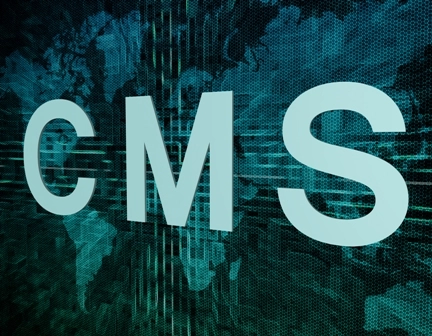Confused About Kickbacks and Self-Referrals?

Here’s a quick overview to keep you compliant.
As the OIG cracks down on fraud with new tools and enhanced data analytics, the need for a thorough understanding of kickbacks and self-referrals has never been greater. These two types of fraud are similar in nature and are often lumped together, but they are different and are prosecuted differently with kickbacks being the more serious of the two.
Kickback Refresher
With the possibility of both criminal and civil retribution, kickbacks are more detrimental to the offender than referral fraud. Kickbacks refer to any acceptance of reward, incentive, or payment for a referral from anyone, or in technical terms, “patient referrals or the generation of business involving any item or service payable by the Federal health care programs,” the Anti-Kickback Statute (AKS) states.
For example, if the owner of the lab you utilize in your practice offers you “incentives” for referring all of your patients to him, that is considered a kickback. In this kind of situation, cash rewards, gifts, vacations, and even discounted services or supplies are considered kickbacks.
The biggest culprits trying to woo physicians are pharmaceutical companies, labs, hospitals, nursing homes, home health groups, portable x-ray companies, and manufacturers of devices and supplies. Penalties for engaging in kickback fraud vary depending on the level of severity but can include fines, incarceration, and exclusion from the Medicare and Medicaid programs.
The lowdown on self-referrals. Self-referral fraud is a little tricky and falls under the Physician Self-Referral Law or Stark Law. This pervasive rule “prohibits physicians from referring patients to receive ‘designated health services’ payable by Medicare or Medicaid from entities with which the physician or an immediate family member has a financial relationship, unless an exception applies.”
What this means to you: For example, if you have partial interest in another healthcare company or service, you cannot exclusively refer patients to the firm unless you have a documented exception. For those who get caught making a prohibited referral, you can expect a civil suit to follow with punishments ranging from fines, forced refunds, and CMP and program exclusions.
Resource: For more background on CMS fraud laws and statutes, visit http://oig.hhs.gov/compliance/physician-education/01laws.asp.




